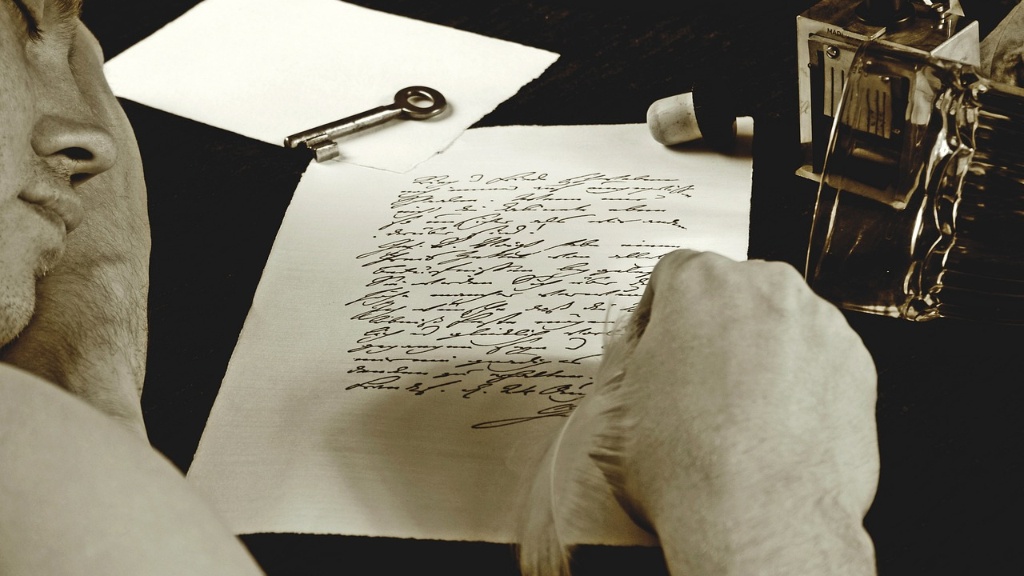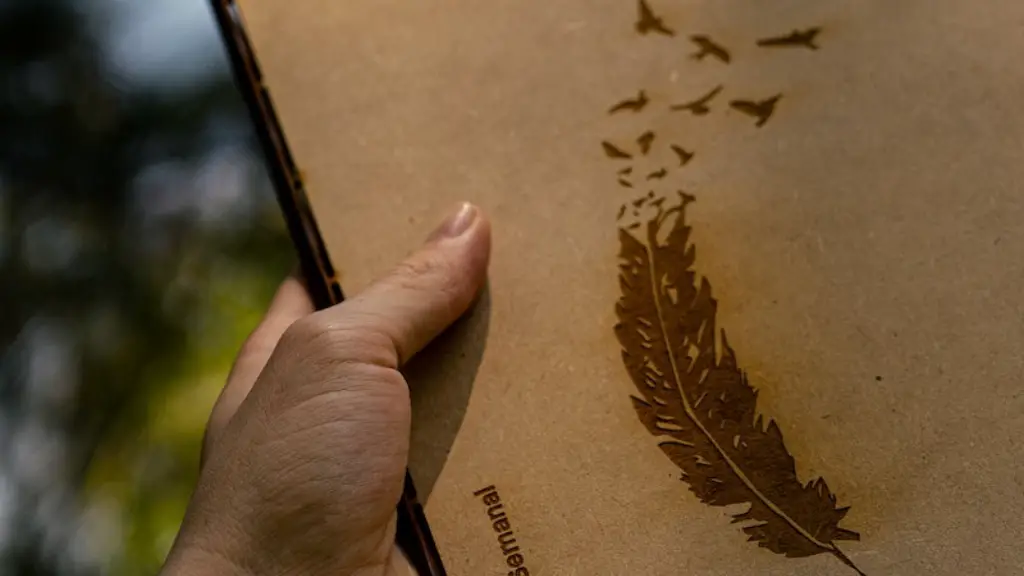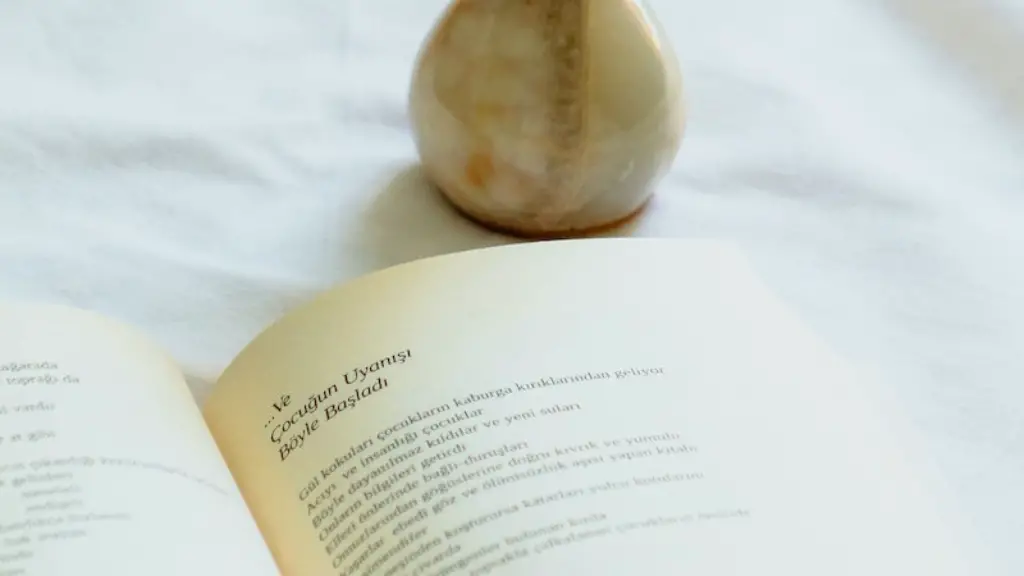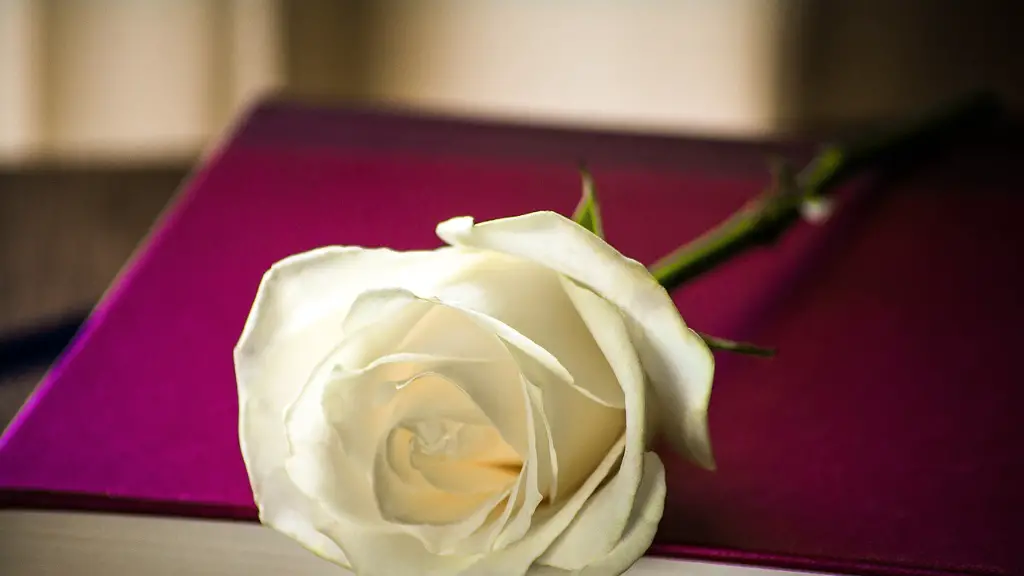How to discuss Poetry
Poetry is a powerful form of literary expression that has been used throughout history to articulate emotions, ideas, and values. It is often considered one of the most difficult art forms to understand and appreciate, due to its often abstract and seemingly cryptic language, but there are a few tips and strategies that will help you to effectively discuss and analyze poetry.
Listen to the Words
The first step in appreciating and discussing poetry is to pay close attention to what the words mean. Poets often use vivid and evocative language to create images and ideas in the minds of the reader. As a result, it is important to read poetry slowly and carefully and really take in the meaning of each line. Consider the rhymes and patterns that are present in the poem, as these can have a subtle but significant effect on the overall meaning. Additionally, look for any repeated words or themes that may help to convey the core message.
Look for Poetic Devices
Poets often use a variety of stylistic devices to create a particular effect. These can include but are not limited to, similes, metaphors, alliteration, personification and hyperbole. By discussing and recognizing the use of these devices, it can help to gain a better appreciation of the poem. For example, hyperbole can be used to emphasize a point or draw attention to certain ideas, whilst metaphors can help to bridge connections and link the poem to wider aspects of life and culture.
Analyze Literary Techniques
Another important aspect of analyzing and discussing poetry is to look for any literary techniques that have been used. Many popular forms of poetry such as sonnets or haikus rely heavily on poetic structure to evoke an emotional response and communicate a desired meaning. By looking for techniques such as sestinas, repetition, and assonance, and discussing their use can help to reveal a more profound understanding of the poem and its purpose.
Discuss Ideas and Themes
Ultimately, when discussing poetry, it is essential to focus on the ideas, themes and messages that are being explored in the poem. By looking at how the poem develops, expanding on any universal concerns or lessons that can be drawn from the poem, and further exploring the events, characters and symbols featured in the poem, readers can gain a more comprehensive understanding of how the poem has been crafted.
Look for Connections
Poetry can often have a wide range of interpretations and meanings, so it is important to consider how different readers and audiences may relate to the poem. Pay attention to any personal or cultural connections that can be drawn from the words and look for any similarities or comparisons to other works of literature. Additionally, it can be beneficial to explore any historical and political contexts that may influence the writing and provide additional layers of understanding of the poem.
Explore Emotions and Feelings
Poetry is a powerful medium for conveying emotion and connecting with an audience, thus it is essential to discuss how the words create a feeling within the reader. By looking at the poem in terms of how it makes the reader feel, whether it is joyful, melancholic, or something else, can help to shed light on the deeper meaning that may be hidden. Furthermore, analyzing the impact of the words on the reader can help to form a more meaningful discussion of the poem and its purpose.
Discuss Language and Imagery
Language and imagery are two integral aspects of poetry that should be discussed when looking at any given work. Look at how language is used in the poem, paying attention to metaphors, alliteration and other poetic devices, to see how it shapes the imagery. Additionally, explore how the text is arranged on the page, as this often times can be used to emphasize parts of the poem while disregarding others.
Understanding the Author’s Intentions
When discussing poetry, it can be important to take into consideration the intentions of the author. By researching the context of the poem, examining the life of the author, and considering the time and place in which the poem was written, readers can gain a more accurate understanding of the poem and its purpose. Analysing the author’s intentions can reveal hidden meanings and help to add significant insights to the wider discussion.
Exploring Symbols and Allegories
Symbols and allegories are often featured in poetry, providing a deep level of insight into the poem. By discussing the use of any symbols or allegories, their meaning in the poem, and their relevance to the wider world, readers can gain an understanding of the poem that goes beyond the face value of the text. Additionally, looking for any symbolic connections between different works can help to form a more comprehensive analysis of the thematic elements of poetry.
Exploring the Cultural Impacts and Influences
Poetry often draws on a variety of cultural sources and influences, sometimes even referencing historical and political events. By discussing the context of the poem and exploring any possible connections to religion, philosophy, and literature, readers can gain a greater appreciation of the poem and how it may have been shaped by the culture and society in which it was written. Additionally, by looking at statements and beliefs of the time, readers can gain a deeper understanding of the poem’s universality and relevance.
Exploring the Form and Structure
Many popular forms of poetry such as sonnets, limericks and haikus, are composed of structured verses that adhere to certain stylistic conventions. By discussing the form and structure, and how it impacts the poem, readers can gain a richer appreciation for the work. Understanding the structure and form can often provide additional insights into the author’s intentions, the mood of the poem, and the overall style of the writer. Discussing these elements can often be the key to unlocking deeper meanings within the poem.



